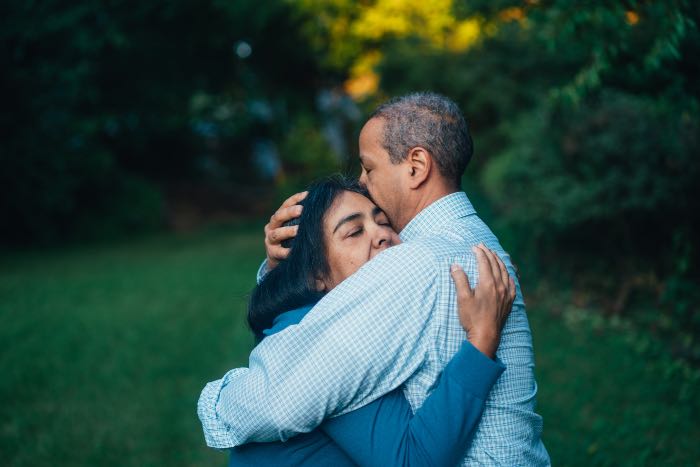
This Week: Proper 19A
Gospel: Matthew 18:21-35
What I’ve come to this week is that forgiveness feels hard. I know: shocking.
One of the things that makes it hard, though, is that people don’t really know how to feel about it. In general.
Most of us know we’re supposed to like it. But then, in certain situations, not.
Others see it as a sign of weakness, so it is never really OK. At least not for them.
We can have a view of forgiveness that is pretty selfish. Which Jesus gets at in the parable this week. The kind of view that has forgiveness as something you offer me, but not the other way around.
We get tied up with generosity and commitment. And when Peter asks about the limits of forgiveness, there is little doubt that each person hearing the gospel can think of someone they are convinced will never change.
And this is always the tension with mercy.
Do I keep forgiving when they keep exploiting?
And none of us likes to hear Jesus essentially say: Yes. Even then.
Or perhaps the person who comes to mind is a drug addict who can’t ever seem to get clean. Or the bad boyfriend who can stop drinking…for a little while…
And, of course, there are the extreme cases.
We might jump to thinking of the sociopath, whose violence and manipulative behavior is genuinely dangerous. Or the mentally disabled person who cannot take care of himself.
What is unlimited mercy to people we are utterly convinced cannot possibly change?
What we’re really avoiding
These responses are genuine and need to be listened to. But we should also recognize what is missing from them:
- Grace
- Hope
Which, we shouldn’t necessarily surprise us in the public at large, but should give us pause in the church.
Because, when our response to mercy is to name the limits of it, we are really saying that God should limit grace and hope. That we don’t want God to be gracious and we don’t want God to change them. Or us. Or, really, anything.
This is the danger of our ever-present sense of supposed realism. It is way of assuming that we aren’t actually in the business of making change. In people’s lives or in the community.
We’re also avoiding the systemic problem itself
The “realistic” reason people don’t want to show mercy to someone who has done something awful is the conviction that they will do it again. Not an unreasonable concern. Data supports it.
Data based on our present practices supports it.
Something data also supports is an almost utter absence of recidivism in communities which choose restoration over punishment.
In other words, the fear many feel is founded on data produced by our system. A system which produces what we don’t want. But rather than change it to produce outcomes we do want, outcomes in line with the vision Jesus expresses, many would rather keep the system producing bad outcomes and distrust people caught in it.
This is not just substantially lacking in grace and hope. It is intentionally running counter to the gospel itself.
Should we protect or be stumbling blocks?
This is the question Jesus leaves us with. And one in which he clearly hopes we’ll choose wisely.
Because we can choose to protect the little ones in our care. We can bring them into wholeness; restore them with grace.
Or
We can be stumbling blocks to them. We can send them into darkness, exploit their struggles for our own gain, and maintain a system that renders many children of God as useless to society.
This is the choice of mercy.
It would be much easier to think only about God’s grace and forget about the grace we offer. But that isn’t the gospel. It is quite literally the problem condemned by the gospel.
So the choice, then, is rather simple.
Mercy. Always.
